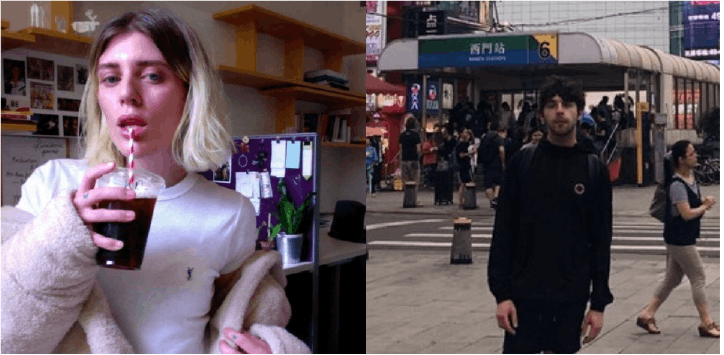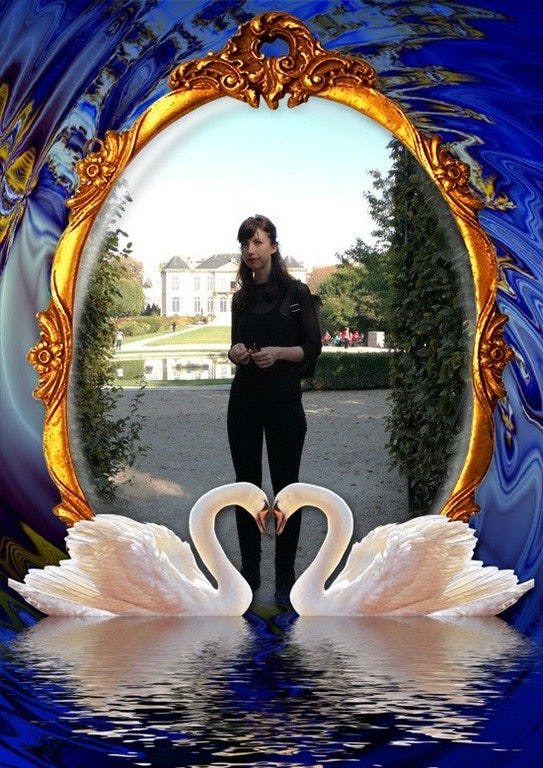Paul Dalla Rosa

WRITER & WRITER: Emma Marie Jones & Paul Dalla Rosa
Wherein Melbourne-based writers Paul Dalla Rosa and Emma Marie Jones – who are also friends in real life – talk about the collapsing system of academia, the infantilisation of culture, and the numbing effects of hyperreality.
PDR: … sometimes I want to watch a film, and I really love watching Éric Rohmer films, so I'll load one up and I'll have it ready to go, and then something stops me. I'll be like, no, then I'll just put on, you know, Keeping Up with the Kardashians.
EMJ: ...We're all being constantly primed to always choose the path of least resistance. And I mean, I think the other thing is that a lot of contemporary TV shows, movies, whatever, even art, is that it's actually designed for you to really only give it half of your attention. It's almost like the people who are making them say, we know you're actually looking at your phone so we've designed it for that, and then in moments where like there's a sound effect or something, you look up at the screen and absorb what's happening, and then you can drift back to your other screen.
PDR: Yeah, it's ambient.
EMJ: It's designed to allow you to keep half of your attention on something else because it assumes that's what you're doing already. And maybe you can't resist it because that's ultimately what you really want.

Bad Artist Statement #5: Hera Lindsay Bird
PDR: I really love a line in one of your poems. I think of it often while writing. 'The only reason for poetry is to have a meadow in which to burn yourself alive in.' ... I think that's how I sort of find my own writing or any kind of artistic impulse, which is it's sort of like me attempting to reach some kind of animating force, finding something that can combust, which is ultimately about being alive.
HLB: Yeah, I was talking to someone about this the other night. I know plenty of socially adept people who are also wonderful writers. But that feels alien to me. I feel part of wanting to write is the psychological impulse to communicate with other people and not really being able to do that in the way I want. So you have to kind of construct this elaborate facade in which to do it, with hyper precision and intentionality. I think some of it is like having something to say, but not being able to think of what it is until three days after the conversation is over.